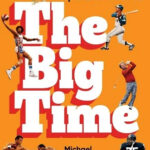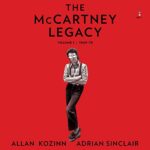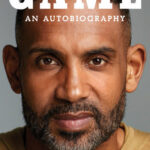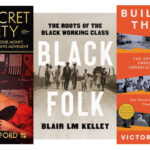
The Defining Dozen Cases of Clarence Thomas
Amul Thapar, a judge on the U.S. Court of Appeals for the Sixth Circuit and the son of Indian immigrants, wants to show that Clarence Thomas is not alone in his views or somehow a fluke, a mistake, or an aberration as a minority jurist. In other words, Thapar wants to make clear that Thomas’s relationship with the American community of color is not defined solely by the people who hate him.









